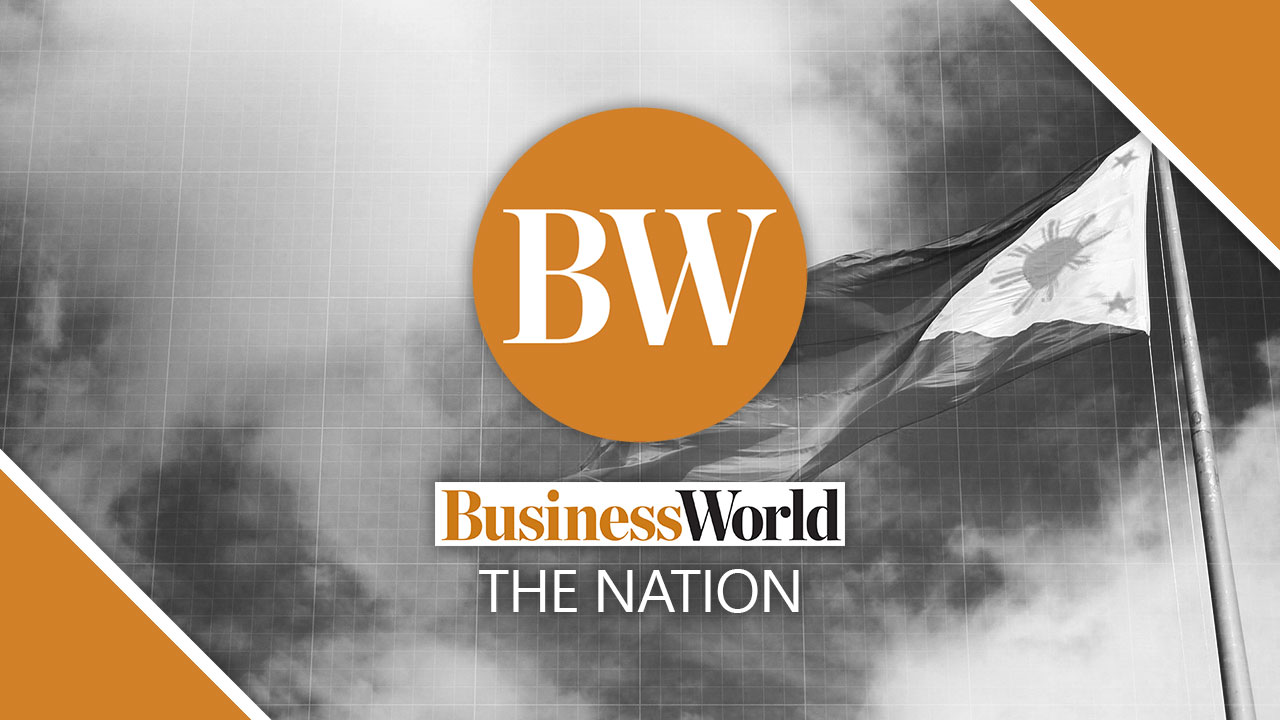
OVER 80% of men from Maguindanao and Lanao del Sur want the next generation to have a different expectation of manhood and gender roles, according to a report released on Wednesday.
Conducted by the Sasakawa Peace Foundation and the Philippine Legislators’ Committee on Population and Development Foundation, Inc. (PLCPD), the study showed that about 80.4% of men from Maguindanao and about 97% of those from Lanao del Sur believe the next generation’s concept of masculinity should change as perceptions on gender have evolved from purely physical considerations.
“Post-conflict transitions have enhanced women’s socioeconomic opportunities and improved men’s awareness of the harmful impacts of some expectations of being a man,” the study said.
“Post-conflict masculinities are centered around marriage, being the decision-maker, breadwinner, and protector of the family and a good father,” it added.
Masculinities in the post-war areas of Muslim regions in Aceh and Maluku in Indonesia and the Bangsamoro Autonomous Region of Muslim Mindanao (BARMM) in the Philippines are complex and shifting, the study said.
Despite this, it added that gender norms and inequalities persist, preventing the transformation of gender norms after conflict.
Research Consultant of the Sasakawa Peace Foundation and Associate Professor at the Mindanao State University Rufa Cagoco-Guiam during the launch said patriarchy is still strong in BARMM.
One key finding of the study said women in polygamous or unregistered marriages experience poorer levels of mental health. They are also more prone to sexual assault.
On the sidelines of the launch on Wednesday, Ms. Cagoco-Guiam told reporters that mental health support for women in the areas stated is still considered “taboo.”
“Women often do not report violence due to cultural stigma and patriarchal gender norms that assign primary responsibility for preserving family honor and marriage status to the wife,” the study said.
Women’s opportunities are still constrained by men’s need to uphold traditional family structures and to exercise economic and decision-making control, it found.
“While men accept women leaders and decision-makers, male gatekeeping–preventing women’s economic and political opportunities–persists because they need to uphold the masculinity ideals that prioritize men’s roles as a family protector and breadwinner,” the study added.
Another finding showed family, religious, and customary institutions are important but overlooked for influencing masculinity and transforming gender inequalities post-conflict.
“This highlights the important role of women as mothers and spouses, and of fathers, as the most influential people in socializing gender roles,” it said.
Women made important contributions to peace, the study found. However, this has not been translated into widespread influence or changed perceptions about their leadership.
In BARMM and Aceh, women are commonly perceived by both women and men to be more emotionally driven in their decision-making.
The research recommended focusing on private spaces, such as households and communities, to transform violent masculinities.
An emphasis on trauma healing was also recommended.
“Men and women who have conflict-related trauma were more likely to endorse the use of violence. A trauma-informed approach to peacemaking can ameliorate this risk,” it said.
“Targeted training programs focused on peacebuilding, gender equality, and transitional justice, and which incorporate a strong masculinities lens, should be made widely available,” it added.
Lastly, it recommended more sustained financing for women’s community-level activities and organizations that require long-term and easy-to-access financial and political resources. — Chloe Mari A. Hufana



